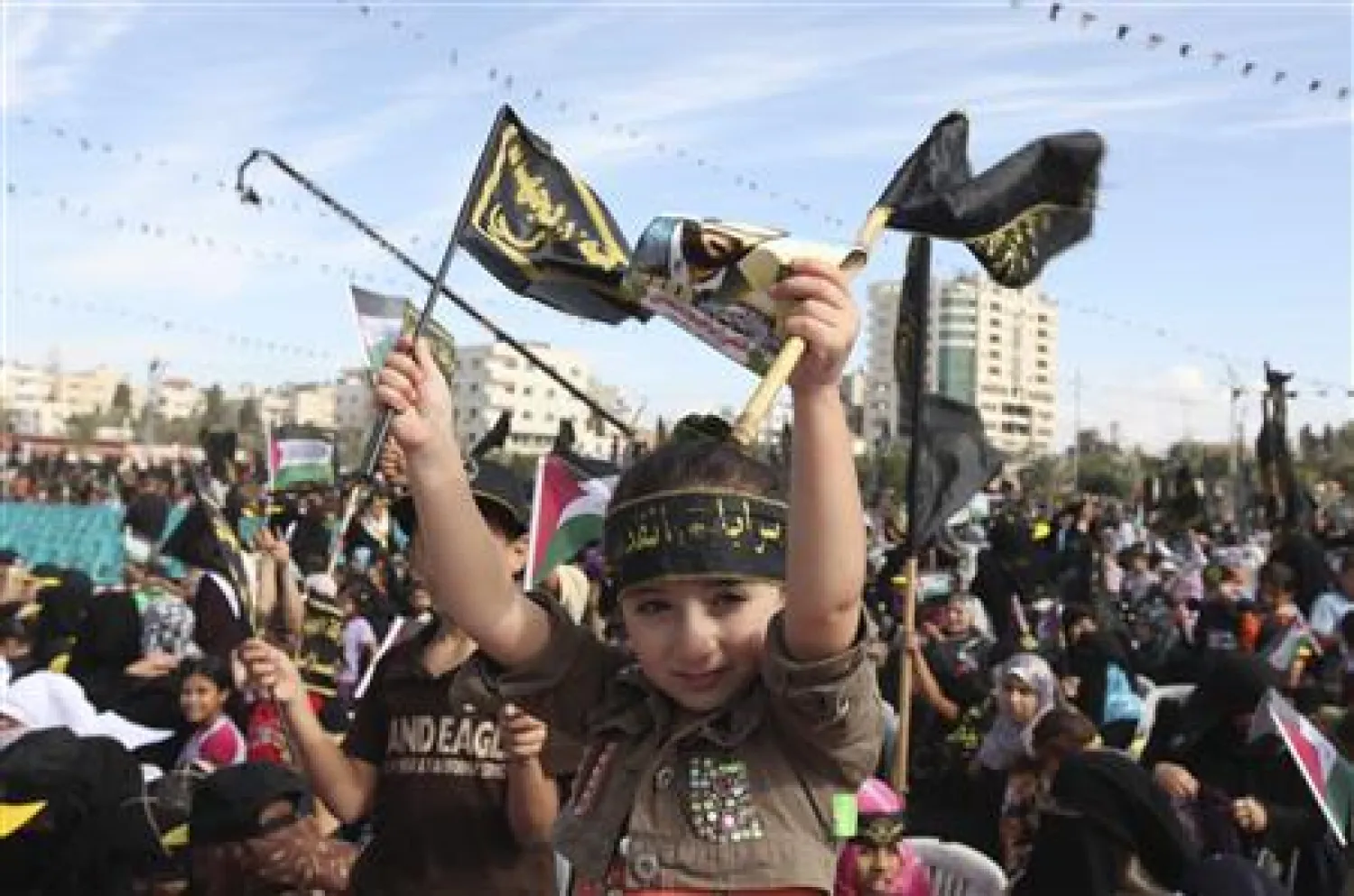A member of the Islamic Jihad politburo, Khaled Al-Batsh, said that the movement would determine its position on the upcoming Palestinian elections following imminent talks with the factions in Cairo.
During a virtual forum for Palestinian communities around the world, which discussed “options for protecting Palestinian rights”, Batsh said that that elections were not the only solution to Palestinian unity, but rather an agreement over a national program with a real political dimension.
He added that the national program, in addition to the elections and the separation of the legislative and national councils, would be on the table of discussions in Cairo, which will be held within a week.
Well-informed sources told Asharq Al-Awsat that the movement wants to change the reference of the elections, which currently fall under the Oslo Accord, and seeks to separate the two legislative and national councils.
The movement also wants an agreement on a national liberation program that would recognize the resistance and give it the necessary political support.
Those requests are not expected to be heeded, making the movement’s participation in the elections unlikely.
The Palestinians are preparing for the first general elections in 16 years, to be held in May for the Palestinian Legislative Council, then for the presidency and to be followed by the elections of the National Council of the PLO.
The Palestinians hope that the polls would pave the way for unifying their institutions in the West Bank and Gaza.









